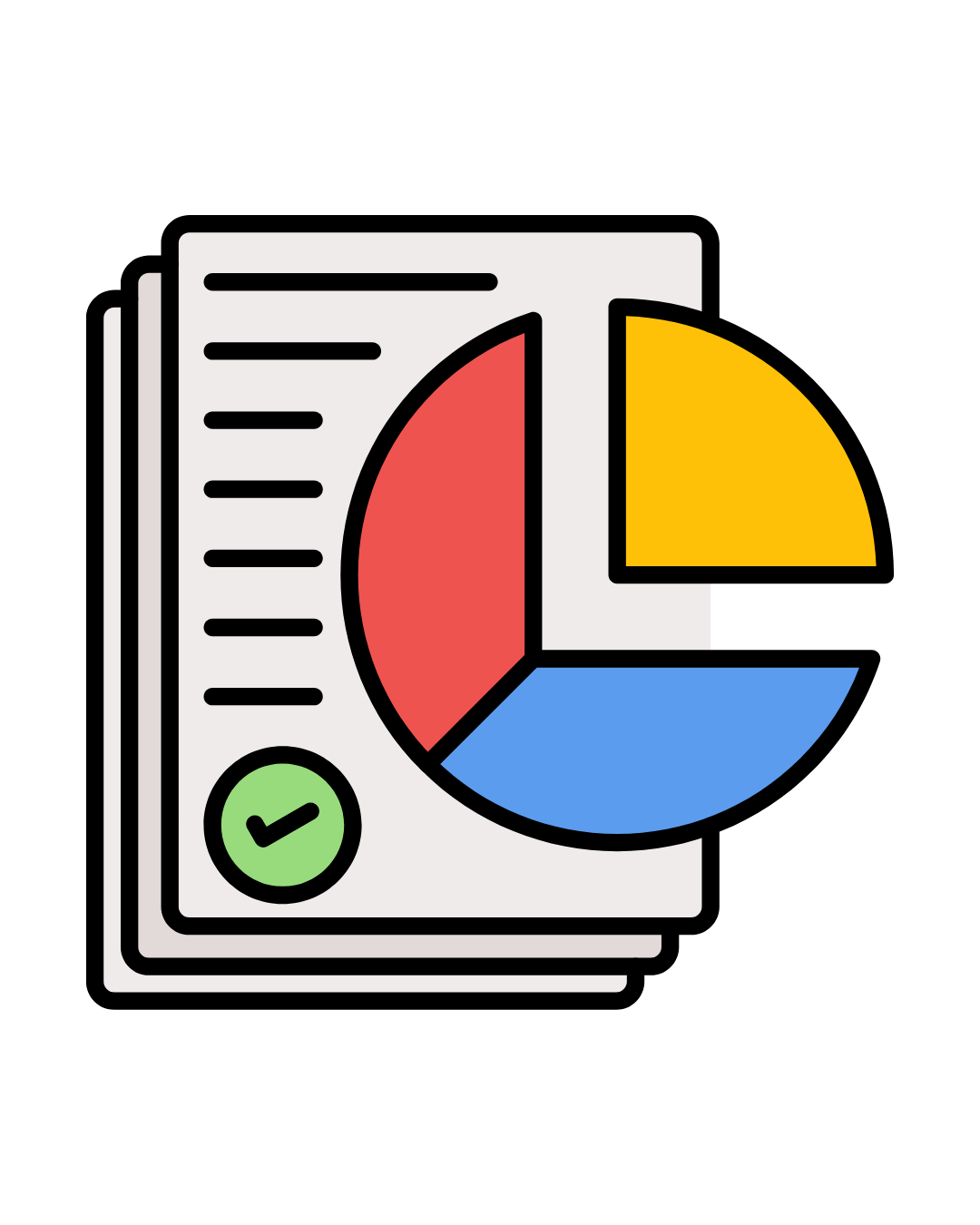Understanding Employment Equity in South Africa
Employment Equity (EE) is more than a legal requirement — it’s a commitment to fair representation in the workplace. If your organisation meets the criteria of a designated employer, you are legally required to implement and report on transformation efforts. At SpecCon Holdings, we help you understand what’s expected and ensure your compliance is accurate, strategic, and stress-free.
What Is Employment Equity?
Employment Equity is governed by the Employment Equity Act (No. 55 of 1998), which aims to:
- Eliminate unfair discrimination
- Promote equal opportunity and fair treatment
- Ensure that employers actively plan and report on diversity and representation targets
The Act applies primarily to designated employers, who are required to submit EE reports annually and maintain a multi-year Employment Equity Plan.
Key Compliance Elements

Employment Equity Plan (EE Plan)
A written document outlining your transformation targets over 1–5 years, including numerical goals, barriers, and strategies.

EEA2 & EEA4 Reports
Annual submissions made to the Department of Labour detailing workforce demographics, income differentials, and progress against your plan.

EE Committee
A representative group of internal staff responsible for monitoring, advising, and participating in EE implementation. This is mandatory for designated employers.
Why It Matters
- Legal compliance prevents penalties or audit findings
- B-BBEE synergy — EE feeds directly into the Management Control and Employment Equity scorecard
- Social impact — Supports a more inclusive, equitable work environment
- Employer branding — Signals your commitment to fairness and transformation
Where to Next?

Who Is a Designated Employer?

What Are EEA2 and EEA4 Reports?

Penalties for Non-Compliance
Need clarity on your EE obligations?
Get in touch and let one of our consultants walk you through your compliance responsibilities.